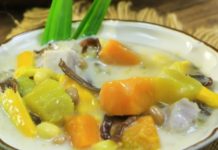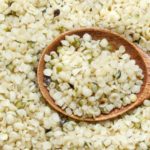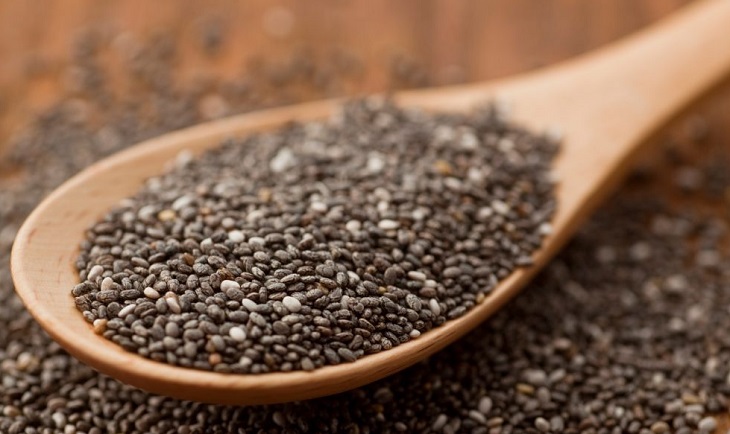
Benefits of Chia Seeds: Discover What They Can Do for Your Health
Chia seeds are derived from the Salvia Hispaniola plant, a member of the mint and basil family. These seeds are indigenous to regions including southern Mexico, Guatemala, and Bolivia.
Chia seeds have a fascinating origin in South America, dating back to 3500 BC. They were first discovered by the Aztecs and Mayans, who recognized the incredible potential and benefits of this seed. It’s important to understand the rich history and origins of chia seeds to fully appreciate their significance in today’s health and wellness practices.
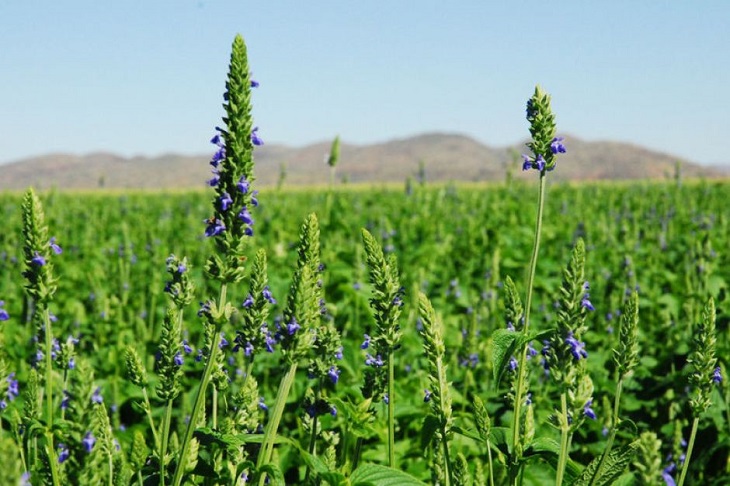
The United States and Australia are the primary regions for chia seed cultivation and production due to ideal conditions such as climate, soil quality, light exposure, and water availability. These factors greatly contribute to a robust growth and development of chia plants. Interestingly, chia plants cultivated at a latitude of 15 degrees yield chia seeds with the highest concentration of Omega 3 fatty acids.
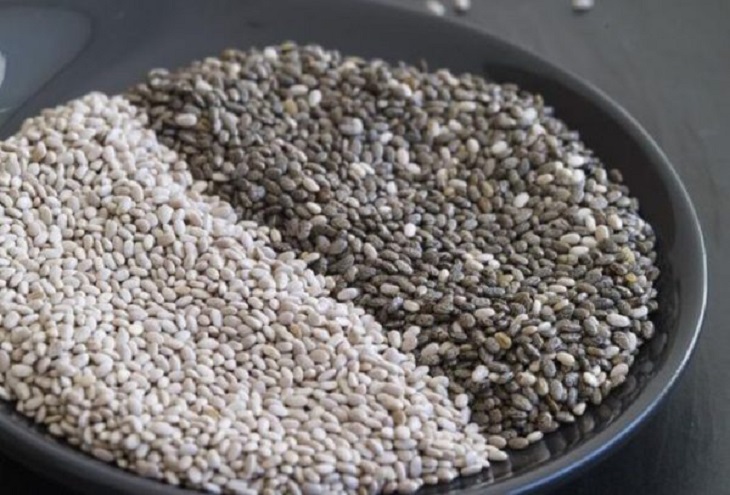
At present, our nation does not produce this particular plant, resulting in the majority of chia seed products being imported in order to fulfill customer demands.
Exploring the Benefits of Chia Seeds
Chia seeds are highly regarded in foreign countries like Australia and the US for their myriad of health benefits. In recent years, their popularity has surged in Vietnam as well. Packed with nutritional value, chia seeds offer a host of positive effects on overall well-being. Some of these key health benefits include:
Weight Loss and Prevention of Obesity Promoted
The water-absorption capacity of chia seeds is 16 times its own weight, resulting in a prolonged feeling of fullness after consuming chia seed water. This not only aids in managing calorie intake, but also promotes overall hydration.

Using chia seeds in your diet offers numerous health benefits. One notable advantage is the high fiber content, which aids in weight management by preventing obesity caused by excess fat intake.
Nourish Your Skin, Hair, and Nails for Optimal Health
Protein plays a crucial role in the formation and development of hair and nails. Therefore, it is essential to incorporate a sufficient amount of protein into our daily diets. Additionally, chia seeds have emerged as a highly beneficial dietary source of Omega 6 ALA and potent antioxidants.

Chia seeds are highly effective at strengthening and promoting the growth of skin, hair, and nails.
Maintaining a Healthy Cardiovascular System
The human body is unable to produce an essential fatty acid known as Omega 3. Fortunately, chia seeds are an excellent source of Omega 3 ALA, comprising approximately 20% of their makeup. Incorporating chia seeds into one’s daily diet is highly recommended to ensure an adequate intake of this vital nutrient.

Moreover, scientific research has demonstrated the beneficial properties of Omega 3 in lowering cholesterol levels and reducing the risk of cardiovascular diseases. Additionally, it promotes a healthier cardiovascular system.
Enhanced Digestive Wellness
The chia seeds contain a fiber content of approximately 37%, with 20% being soluble fiber and 80% being insoluble fiber. This composition helps to enhance the efficiency of the digestive system.
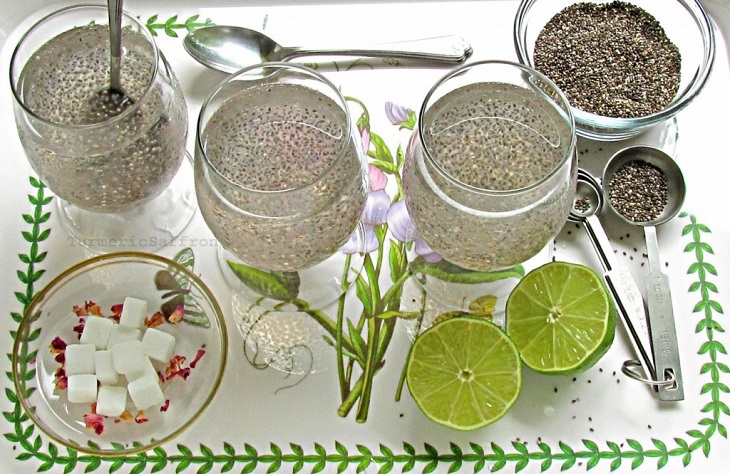
“A high intake of fiber aids in the efficient elimination of detrimental substances from the digestive system and assists in removing cholesterol buildup on the intestinal wall.”
Benefits of Pregnancy for Women
Chia seeds are a nutritious source of essential nutrients that provide numerous benefits for fetal development. Packed with iron, calcium, vitamin A, magnesium, and Omega 3 fatty acids, these seeds are particularly rich in folate, which plays a crucial role in promoting the development of the nervous system and brain.

Chia seeds are one of the most exceptional herbs that are rarely found to have such a high concentration of Omega 3 and Folate.
Beginning of Clinical Trial for Osteoporosis Prevention Drug
Chia seeds are a highly nutritious source of essential nutrients, including magnesium, zinc, calcium, and phosphorus. These nutrients play a crucial role in maintaining strong and healthy bones. Incorporating chia seeds into your diet can effectively support the fight against osteoporosis, a condition commonly found in the elderly due to hormonal imbalances. Specifically, the decrease in estrogen levels disrupts calcium regulation in the blood, leading to the development of osteoporosis.
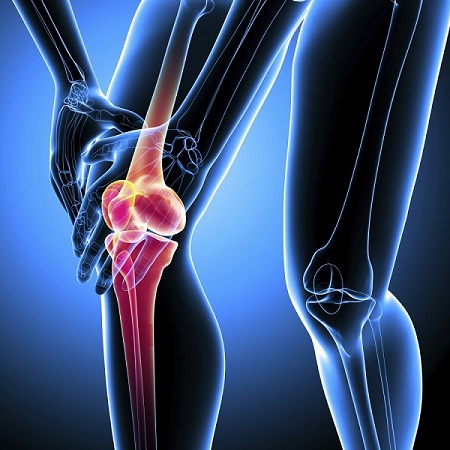
Including chia seeds in one’s dietary regimen or consuming chia seed water on a daily basis is highly beneficial for the prevention and management of osteoporosis.
Benefits of Diabetes Management for People with Diabetes
When chia seeds are submerged in water, they undergo a significant expansion, resulting in the formation of a soft gel layer due to their soluble fiber content. This gel layer aids in the gradual absorption of sugar in the stomach, thereby reducing the glycemic index value and offering potential benefits for individuals with diabetes. It can be regarded as a beneficial food choice for individuals afflicted with this condition.

Slowing Oxidation Process
Chia seeds are rich in Omega 3 ALA and protein, making them beneficial for preventing aging and promoting overall health. These nutrients aid in eliminating toxins from the body, resulting in improved skin appearance and enhanced wellness.
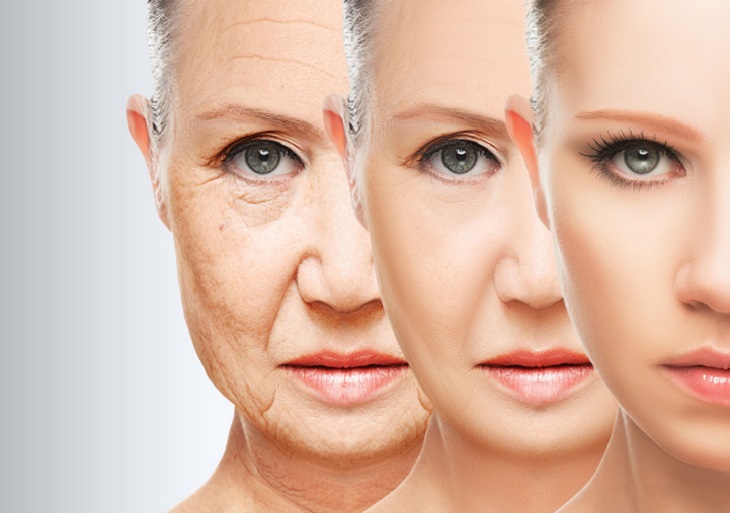
Exploring the Benefits of Chia Seeds for Wellbeing
To fully leverage the beneficial effects of chia seeds and enhance your overall health, it is crucial to understand and utilize them correctly. Some of the notable benefits associated with the consumption of chia seeds include:
How to Find Chia Seeds for Purchase
When it comes to purchasing chia seeds, it is essential to select a trustworthy source to ensure the acquisition of high-quality products and avoid the pitfalls of purchasing inferior seeds from the market.
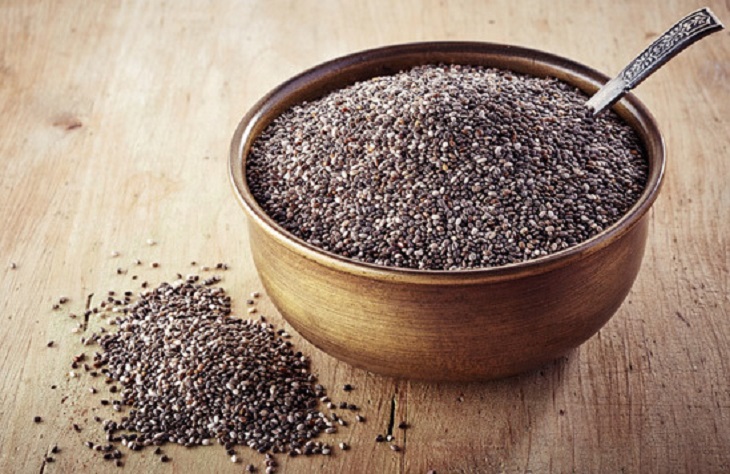
How to Properly Store Chia Seeds
For optimal quality, it is recommended to use chia seeds within the designated shelf life provided by the manufacturer. To ensure their preservation, it is advisable to store them in a dry location, away from direct sunlight. It is also imperative to cover the bag or transfer them to a sealed glass jar to maintain the chia seeds’ freshness and quality.
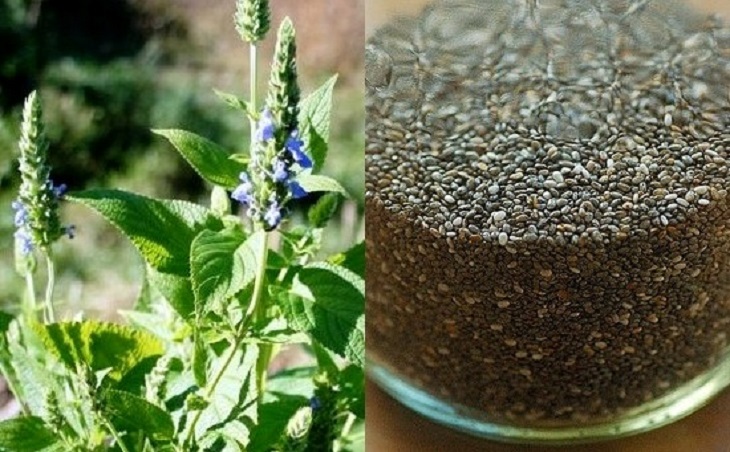
How to Use Chia Seeds for Optimal Health Benefits
Consuming chia seeds can contribute positively to our overall health. However, it is important to make informed choices regarding the consumption of these seeds to reap their benefits. Here are some guidelines on how to incorporate chia seeds into our diet effectively:
1. Hydration is key: Chia seeds have high water absorption capabilities, so it is crucial to drink plenty of fluids while consuming them. This will help prevent any potential digestive issues.
2. Soak before consumption: Prior to eating or drinking chia seeds, it is recommended to soak them in water or any liquid of choice. This enhances their nutritional value and makes them easier to digest.
3. Experiment with recipes: Chia seeds are versatile and can be added to a wide range of recipes. From smoothies and puddings to salads and baked goods, there are countless delicious ways to incorporate chia seeds into our meals.
4. Portion control: While chia seeds offer numerous health benefits, it is important not to go overboard with our consumption. Start with small portions and gradually increase as per individual needs and tolerance.
5. Consider individual dietary requirements: It is essential to consider any specific dietary restrictions or allergies when consuming chia seeds. Consulting a healthcare professional or nutritionist can help determine the best approach for incorporating chia seeds into a personalized diet plan.
By following these guidelines, we can maximize the health benefits of chia seeds and enjoy their nutritional properties in a safe and effective manner.
- Chia Seed Beverages:
When consuming chia seeds, it is important to properly prepare them by soaking them in warm water. This allows the chia seeds to fully expand before consuming. It is crucial to avoid incorrect methods of consuming chia seeds, such as eating them dry and then drinking water. This practice can lead to potential esophageal obstruction and should be avoided.
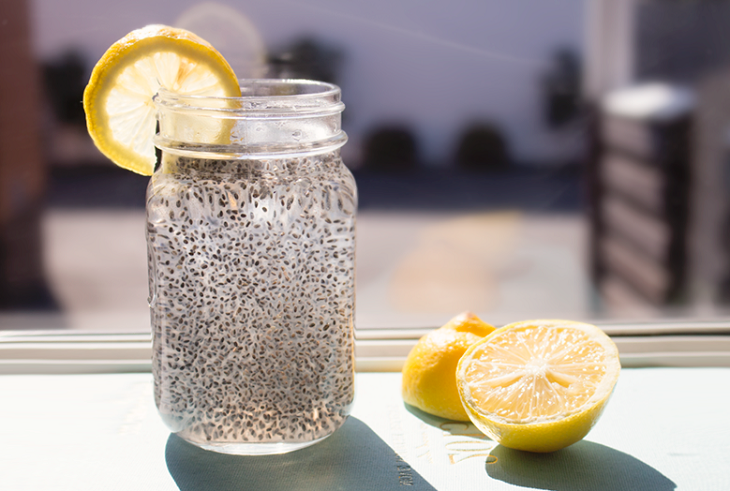
- Chia Seeds: A Nutritious Addition to Your Diet
Chia seeds can be used as a versatile ingredient to create a variety of visually appealing dishes. In addition to the traditional method of consuming chia seeds as a drink, you can incorporate them into recipes like chia seed toast, chia seed pizza, chia oat porridge, and even fried tilapia with chia seeds. Discover the endless culinary possibilities these nutritious seeds have to offer.













